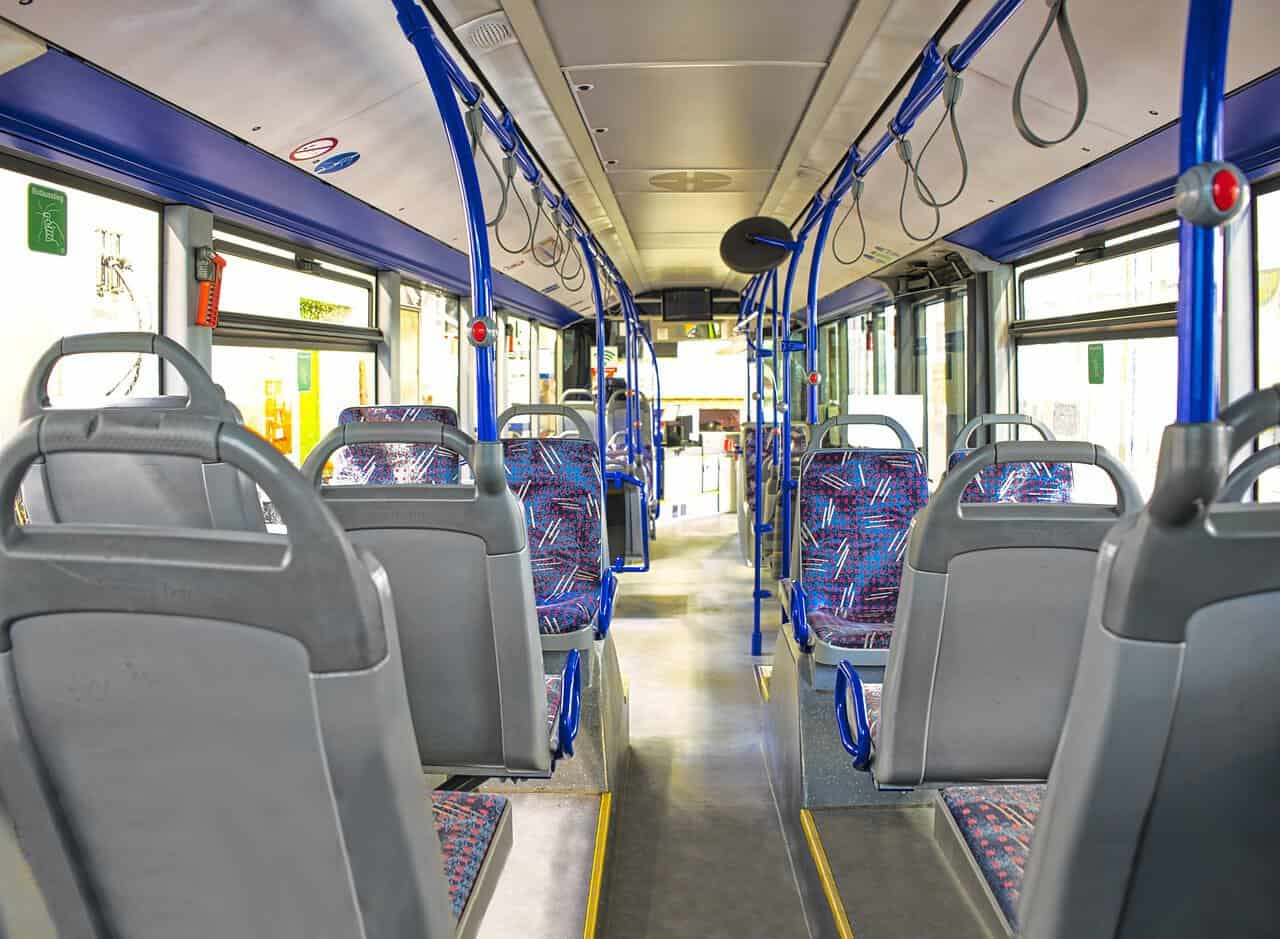Study reveals electric buses’ potential to reduce emissions but highlights key trade-offs

Picture: Pixabay
A new study by researchers at Chalmers University of Technology and the IVL Swedish Environmental Research Institute provides a comprehensive life cycle assessment of city buses powered by electricity, diesel, and hydrogenated vegetable oil (HVO), a biodiesel. Published in Transportation Research Part D, the 2019 study evaluates the environmental impacts of these buses in various operating conditions across Sweden, the European Union, and the United States.
The findings reveal that electrified buses, particularly those powered by low-carbon electricity sources like Sweden’s grid, significantly reduce greenhouse gas emissions compared to traditional diesel buses. Fully electric buses also lead to substantial improvements in urban air quality, as they eliminate tailpipe emissions. However, the study highlights that the production of batteries and electric powertrains contributes to increased resource use and emissions during the manufacturing phase.
Hybrid buses fueled by HVO emerge as another promising solution, offering a balance of lower emissions and reduced reliance on fossil fuels. However, the sustainability of HVO depends on using waste-derived feedstocks rather than food crops.
Researchers emphasize that the environmental benefits of electrified buses hinge on the carbon intensity of electricity used for charging. In regions with coal-heavy grids, hybrids or conventional buses running on HVO may outperform electric models in terms of overall impact.
This study serves as a guide for policymakers and public transportation planners, advocating for strategic decisions around vehicle procurement, fuel choice, and grid decarbonization to maximize environmental benefits.
As cities worldwide strive for greener public transportation, these insights could play a crucial role in shaping future bus fleets and reducing urban emissions.
Read more at: https://doi.org/10.1016/j.trd.2019.08.019


